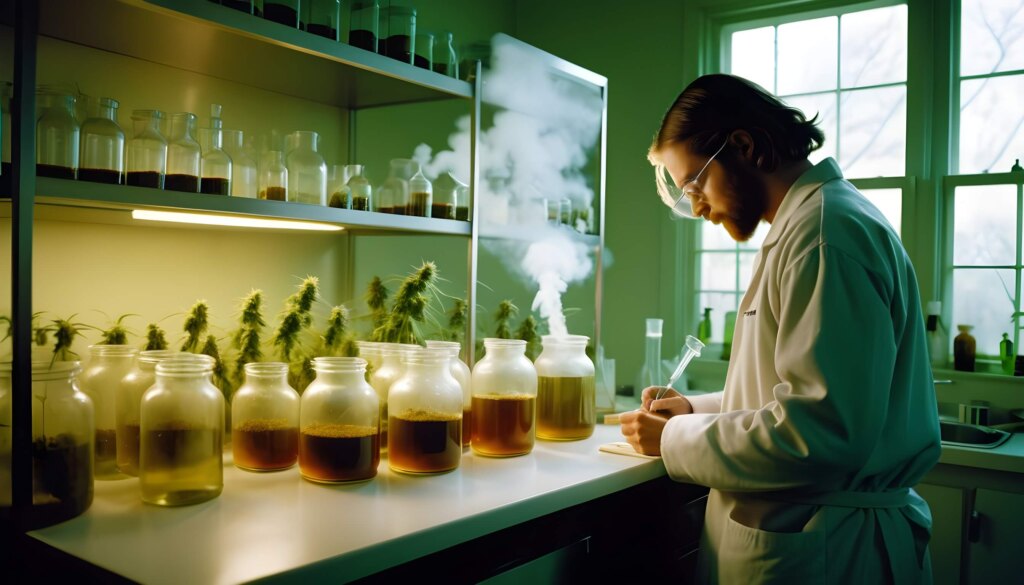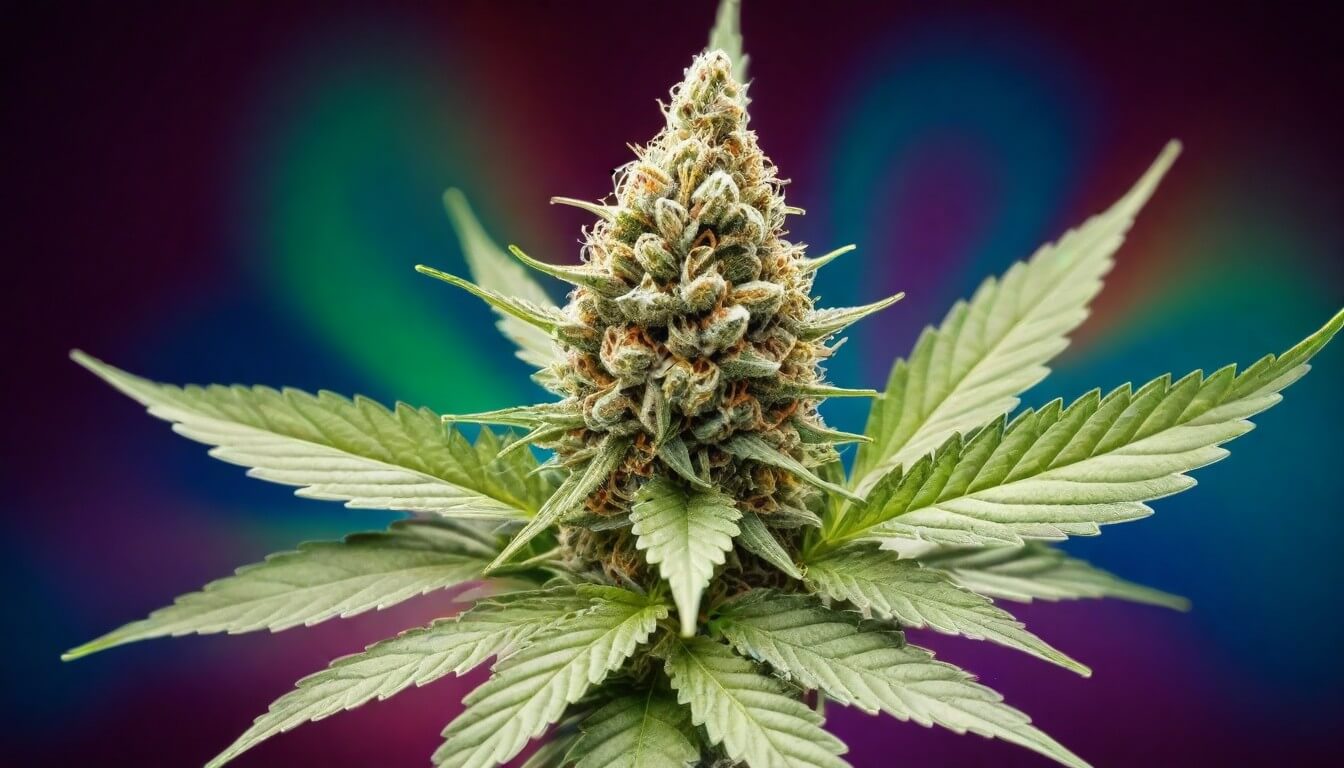You may have heard before that consuming raw cannabis won’t cause you to feel high. This is true because of a group of acids that give all the various cannabinoids in cannabis a second tail that discourages activation of CB1 receptors. However, this doesn’t mean they aren’t psychoactive nor does it say they will never cause a high. Then, THCa does directly convert into THC, unlike other raw cannabinoids. And this begs the question, does THCa get you high / is THCa psychoactive?
THCA’s Psychoactive Potential Explained
To understand whether THCa is psychoactive or not, we need to define the term, which isn’t easy. In the broad sense, any drug is psychoactive if it affects the mind, mood, behavior, and brain function. With the ability to inhibit receptors like TRPV1 receptors found in the brain, technically THCa is psychoactive. The same could be said when comparing CBD vs. marijuana and even Caspian, which is found in chili peppers.
THCa is not psychoactive under the definition many give the term i.e., there is no intoxication, effects are more in-tangible, and receptors are not being turned on/off to a greater degree than what our natural endocannabinoids can do. However, THCa cannabinoids can become psychoactive under this definition when they undergo decarboxylation, traditionally done with heat. Decarbing breaks off the acid group from the rest of the cannabinoids, giving us THC cannabinoids, which are very psychoactive.
The Role of Decarboxylation
Above, I mentioned how heat is the traditional way to decarb THCa into THC — the same goes for the other cannabinoids. This is why cannabis has been traditionally consumed via smoking, but vaping and controlled cooking methods can encourage a much better conversion ratio while discouraging the destruction of cannabinoids due to too high of temperatures.
Thanks to light, oxygen, etc., some minor decarboxylation will occur naturally, but for the most part, when we want the most potent flower, we have to use hands-on methods. Heat doesn’t have to be the only way we decarb. Non-heat methods for decarboxylating cannabis are less common but can still be effective, especially for those who prefer to avoid exposing cannabis to high temperatures due to their various boiling points. By soaking cannabis flower in alcohol or another solvent, an individual can nab a pretty efficient conversion. However, this will take several weeks.

Experiences with THCA: From Consumption to Effects
While you won’t feel high from THCa or raw un-decarbed cannabis flower, due to THCa’s inability to activate CB1 receptors, these non-intoxicating cannabinoids can still provide various effects and benefits. It’s important to understand that once decarbed, the effects and benefits will change. Even when THCa and THC are said to benefit an issue, THC’s ability to overstimulate CB1 receptors gives it substantial potential to benefit, but at the risk of an uncomfortable high and greater side effects.
- Anti-inflammatory Properties: It’s thought that by being modified by GPR55 receptors, THCa can help with inflammatory diseases, in particular, inflammatory bowel disease.
- Neuroprotective Effects: By passing through the blood-brain barrier and affecting the central nervous system, research has shown that THCa may be useful in treating neurodegenerative diseases.
Some have reported that THCa may help with nausea and appetite stimulation, but how it does that exactly is unknown, as activation of CB1 receptors often promotes these benefits the greatest.
Conclusion: Understanding THCA and Its Effects
With the ability to turn a non-intoxicating cannabinoid into the cannabinoid that easily influences the high we associate with marijuana by simply adding heat, it’s important to understand the ins and outs of THCa. Due to the 2018 Farm Bill, THCa is legal in any amount on the federal level. Many states follow this federal law to the letter, meaning THCa products are likely legal in your area, but not all, so please adhere to all restrictions on cannabis in your jurisdiction. Like CBD, THCa is a great way to take advantage of some of the therapeutic benefits cannabis can offer without feeling high.





